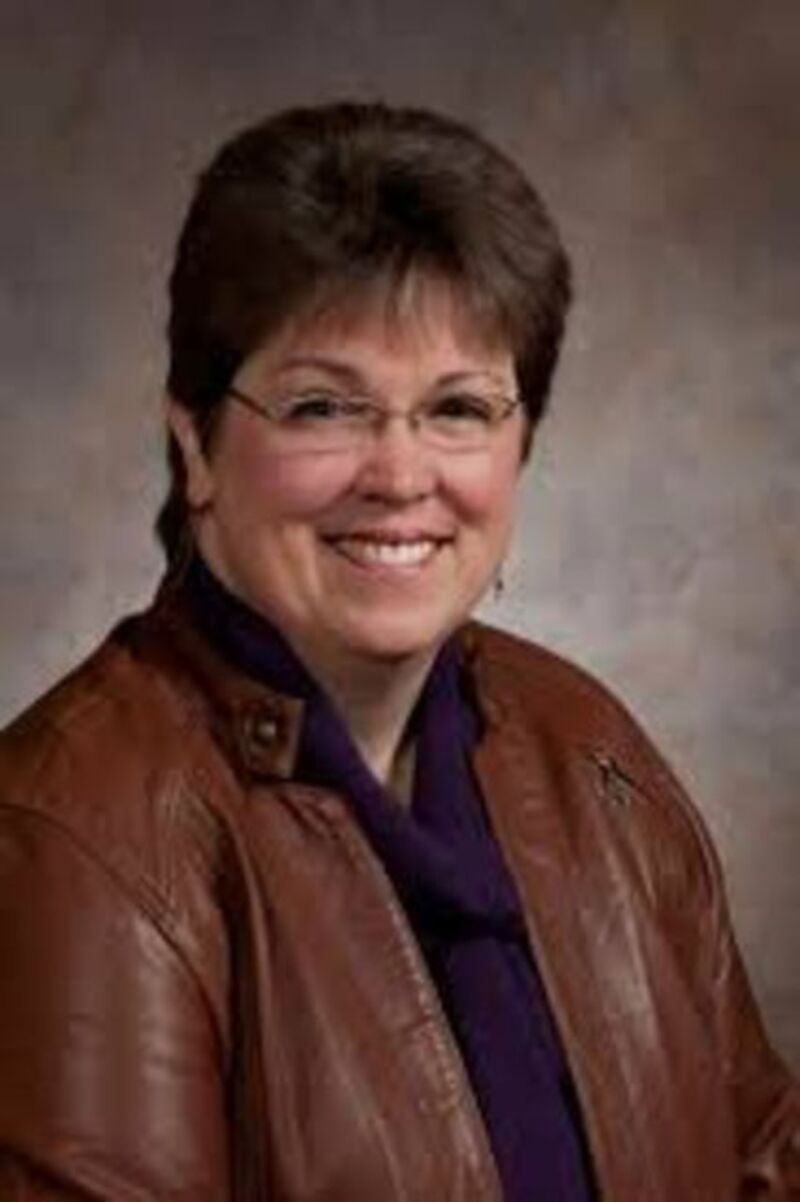Ideological groups push de-licensing plan
By
Senator Kathleen Vinehout
“This bill does not allow for public debate...is the public even aware? You’re not allowing the public to have adequate input into this issue,” testified Stephanie Bloomingdale.
Ms. Bloomingdale is the Secretary-Treasurer of the Wisconsin State AFL-CIO. She represented many workers who, along with the rest of us, just found out about bills that set up a process to get rid of occupational licensing.
In Wisconsin, many professions are licensed, such as plumbers, electricians, doctors, lawyers, architects, and teachers. Those folks affected by the bill had little time to become aware of efforts to change their professional credentials. The rest of us, who may hire plumbers or use deaf interpreters, had little way of knowing what was happening.
In what has been an all-to-common process of speed and secrecy, a public hearing notice was posted late Friday for a joint Assembly and Senate committee hearing the following Thursday. Scheduling a joint hearing means there is only this one opportunity for public input.
The bills, Senate Bills 288 and 296, set up an “occupational license review council” and a “self-certification registry”. In short, SB 288 creates a politically appointed council that would review all professional licensure requirements and recommend repeal of certain licenses.
Senate Bill 296 would create a registry for people to use the term “state certified”. This registry would allow individuals to work in a field even if they were unlicensed. The bill singled out certain professions for potential self-certification including dieticians, landscape architects, private detectives and sign language interpreters.
Two very different types of people came to testify during the all-day joint hearing.
On one side were conservative “think-tanks” who came from out-of-state to testify. Groups with names like the “Mercatus Center” and the “Institute for Justice.” According to Wikipedia, the Mercatus Center was founded with a $30 million-dollar Koch Industries donation and the founding CEO was a former Koch Industries lobbyist. Both the former lobbyist and Charles Koch serve as board members, according to the Center’s website. The “Institute for Justice” employs 39 attorneys and was co-founded in 1991 with seed money from Mr. Koch.
Two Milwaukee-based groups also joined in the push for the de-licensing process. According to press reports, the “Wisconsin Institute for Law and Liberty” and the “Wisconsin Policy Research Institute” are entities funded, in part, by the Bradley Foundation. The Koch-funded group “Americans for Prosperity” submitted written testimony and registered in favor of the bill.
On the other side were folks from all over Wisconsin who took the day off work to come to Madison and tell lawmakers about their profession. In every case, these people opposed the two bills before our committees.
Dozens of professionals explained what they did and how the public would not be well served by taking away the professional licensing process. Not only did licensing assure that a person was properly educated and skilled in their profession, but also the state’s involvement in overseeing professions protects consumers. When a licensed professional is guilty of a misdeed the state removes that professional’s license.
I asked the co-sponsors of SB 288 and 296 what type of protections consumers would have under the new regime if their bills became law. The answer was some version of “you can’t legislate everything so no one gets hurt”.
I’ve never seen a hearing that more clearly illustrated the power conservative “think tanks” have gained in the Capitol. A review of my notes shows only one ordinary Wisconsinite who testified in favor of the bills compared to the dozens who spoke in opposition.
The process laid out by the bills eerily reflected a process outlined in an August 2017 report by the Mercatis Center. This process included a commitment by elected officials that they would accept the Council’s recommendation “in their entirety or not at all.” Parts of one bill contained wording identical to 2013 model legislation set out by the American Legislative Exchange Council (ALEC). Where are the people in this process?
I wondered, where are the people in this process and why do these groups want to remake Wisconsin in their own image.
“What, do you suppose, is the real purpose of these bills?” I asked.
“We’ve seen a pattern to drive down wages and workers’ rights,” Ms. Bloomingdale replied.
Memberships
Kindle Me!!
Just a quick note that Uppity Wisconsin is now available via
1. The web
2. Email (sent out nightly - just fill in the form on the right)
3. RSS
4. Kindle - you can subscribe via the Amazon Kindle shop, or use the Kindle button on the bottom right corner of the site
5. Twitter - subscribe to http://twitter.com/cruiskeen
Steve is a member of LION Publishers , the Wisconsin Newspaper Association, the Menomonie Area Chamber of Commerce, the Online News Association, and the Local Media Consortium, and is active in Health Dunn Right.
He has been a computer guy most of his life but has published a political blog, a discussion website, and now Eye On Dunn County.



Add new comment